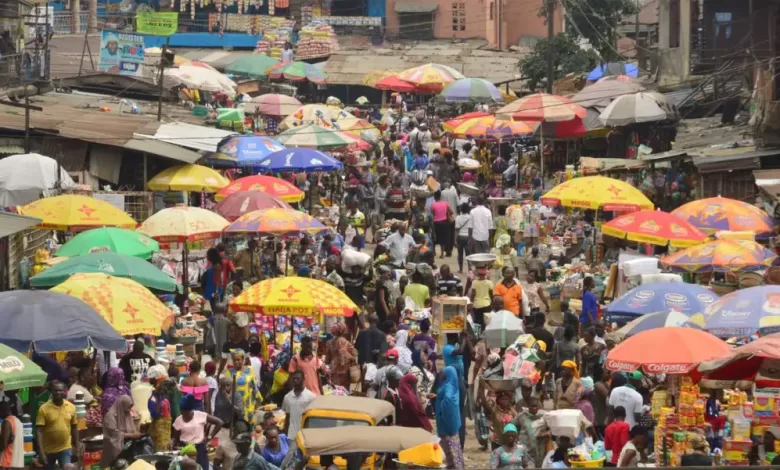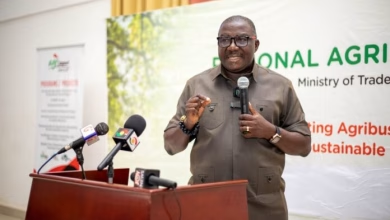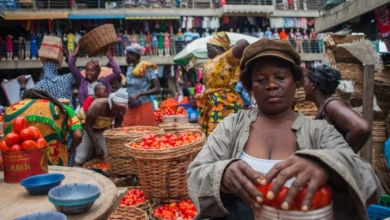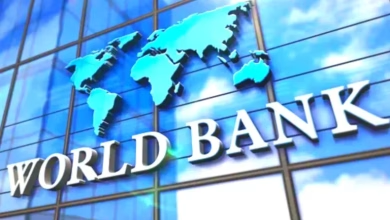World Bank Report: Slow and Uneven Recovery For Global Economy

- This stability comes with a significant caveat
- The report predicts global growth
- The outlook for the poorest nations is concerning
The World Bank’s latest report paints a picture of a global economy finally finding some stability after years of turmoil.
However, this stability comes with a significant caveat: growth is sluggish compared to pre-pandemic levels.
The report predicts global growth to hold steady at 2.6% in 2024, rising slightly in the following years, but still falling short of the 3.1% average seen before COVID-19.
This sluggish pace affects most of the world, with over 80% of countries growing slower than they did in the past decade.
There are some bright spots: developing economies are projected to grow at a decent clip (around 4%), with low-income countries experiencing a slight acceleration. However, even these gains are overshadowed by rising debt burdens and limited trade opportunities.
The outlook for the poorest nations is particularly concerning. Many are still struggling to recover from the pandemic’s effects, facing high debt and the threat of climate disasters. This report emphasizes the need for international support to help these countries invest in infrastructure, education, and healthcare.
The report also warns of potential trouble spots:
- Widening income gap: The gap between rich and poor countries is expected to widen in nearly half of developing economies.
- Inflation sticking around: While global inflation is projected to fall, it’s declining slower than expected. This could lead central banks to keep interest rates high for longer, hurting growth, especially in developing economies.
The report also delves deeper into two key issues:
- Public investment: Investing in public infrastructure can spur private investment and economic growth. However, public investment has dropped significantly in recent years. The report calls for developing countries with strong fiscal positions to consider increasing public investment.
- Fiscal challenges of small states: Small island nations and countries with limited populations often face chronic debt issues. The report highlights the need for reforms to improve their tax base, spending efficiency, and disaster preparedness.
Overall, the World Bank report suggests a cautious outlook for the global economy. While some stability is returning, significant challenges remain, particularly for the world’s most vulnerable nations. International cooperation and targeted reforms are crucial to ensure a more inclusive and resilient recovery.






